AI-Powered Customer Support Chatbots
Customer support has always been the backbone of any successful business. A positive interaction with a support team can turn frustrated customers into loyal advocates. However, as businesses grow, so does the demand for seamless, round-the-clock assistance. Enter AI-powered customer support chatbots, the groundbreaking solution that has transformed how companies engage with their customers.
The Rise of AI in Customer Support
The journey to AI-driven customer support began with basic, rule-based chatbots capable of handling simple queries. These bots were limited in scope, often frustrating users with their inability to understand context or handle complex conversations. But with advancements in artificial intelligence, especially natural language processing (NLP) and machine learning (ML), modern chatbots have evolved into sophisticated conversational agents.
Today’s AI-powered chatbots don’t just answer questions; they understand intent, process emotions, and provide personalized solutions—all while learning from interactions to improve over time. Whether you’re asking about a delayed delivery, troubleshooting a product, or seeking recommendations, AI-powered chatbots have become the first line of assistance for many businesses.
How Do AI-Powered Chatbots Work?
At their core, these chatbots rely on machine learning models and natural language understanding (NLU) to interpret user inputs. They analyze text or voice inputs, identify keywords, and use contextual clues to determine the best possible response. Here’s a simplified process of how they operate:
- Understanding the Query: Using NLP, the chatbot breaks down the input to understand the user’s intent and sentiment.
- Retrieving Relevant Information: The bot connects with databases, knowledge bases, or APIs to fetch accurate and relevant information.
- Generating a Response: Based on the context, the chatbot crafts a human-like response, often mimicking conversational tone and flow.
What makes AI-powered chatbots unique is their ability to learn. Using past interactions, they improve their responses and adapt to specific customer needs, becoming more accurate and efficient over time.
Real-World Applications
AI-powered customer support chatbots are now indispensable across industries. In e-commerce, they handle everything from product recommendations to returns. In banking, they assist with account inquiries, loan applications, and fraud detection. Even healthcare has embraced chatbots to schedule appointments, answer medical questions, and provide symptom checks.
For instance, chatbots in travel can seamlessly book flights, provide real-time updates, and resolve itinerary issues. Meanwhile, in education, chatbots act as virtual tutors, helping students with queries and resources on demand.
The Benefits: Why Businesses Love AI Chatbots
The popularity of AI-powered chatbots is not without reason. They bring unparalleled advantages:
- 24/7 Availability: Unlike human agents, chatbots never sleep. They ensure round-the-clock assistance, catering to global customers in different time zones.
- Cost Efficiency: By automating repetitive tasks, chatbots reduce the need for large support teams, saving businesses significant costs.
- Instant Responses: Customers no longer have to wait in long queues. Chatbots provide instant answers, enhancing customer satisfaction.
- Personalization: Using customer data, chatbots can tailor their responses, creating a more engaging and memorable experience.
- Scalability: Whether it’s 10 queries or 10,000, chatbots handle large volumes effortlessly, ensuring smooth operations during peak times.
Challenges and Concerns
While AI-powered chatbots bring incredible benefits, they’re not without challenges. One of the primary concerns is their inability to handle highly complex or emotionally sensitive issues. For example, when customers seek empathy or a nuanced understanding, a human agent is often better equipped to handle the situation.
Additionally, there are concerns about data privacy and security. Chatbots often collect and process vast amounts of customer data, making them potential targets for cyberattacks. Ensuring robust data encryption and compliance with privacy regulations is crucial for businesses deploying these bots.
Another challenge lies in chatbot training. For AI to be effective, it needs quality data and regular updates. Poorly trained chatbots can misunderstand queries, provide irrelevant answers, and frustrate users instead of helping them.
The Future of AI-Powered Chatbots
The future of AI-powered customer support chatbots is bright and exciting. With advancements in AI technologies like deep learning and sentiment analysis, chatbots are becoming more human-like than ever. Emerging trends include:
- Voice-Enabled Chatbots: As voice assistants like Alexa and Siri grow in popularity, businesses are integrating voice functionality into their chatbots, making interactions even more natural.
- Multilingual Capabilities: Chatbots are learning multiple languages to cater to diverse audiences, breaking language barriers in customer support.
- Proactive Support: Instead of waiting for customers to raise issues, future chatbots will predict potential problems and address them before they escalate.
- Emotionally Intelligent Chatbots: By detecting emotions like frustration or joy, chatbots will be able to adjust their tone and responses, offering a truly empathetic experience.
Conclusion
AI-powered customer support chatbots have redefined how businesses engage with their customers. By combining speed, efficiency, and personalization, they have become an essential tool for modern customer service.
While challenges like emotional sensitivity and data privacy remain, ongoing advancements in AI are addressing these concerns, paving the way for smarter, more empathetic chatbots. As we move forward, the synergy between human agents and AI will create a balanced, highly efficient customer support ecosystem that meets the ever-evolving needs of businesses and their customers.
The question is no longer whether businesses should adopt AI-powered chatbots but how quickly they can implement them to stay ahead in the competitive landscape. After all, in a world that thrives on instant gratification, the ability to connect, assist, and empathize in real-time is what sets a business apart.

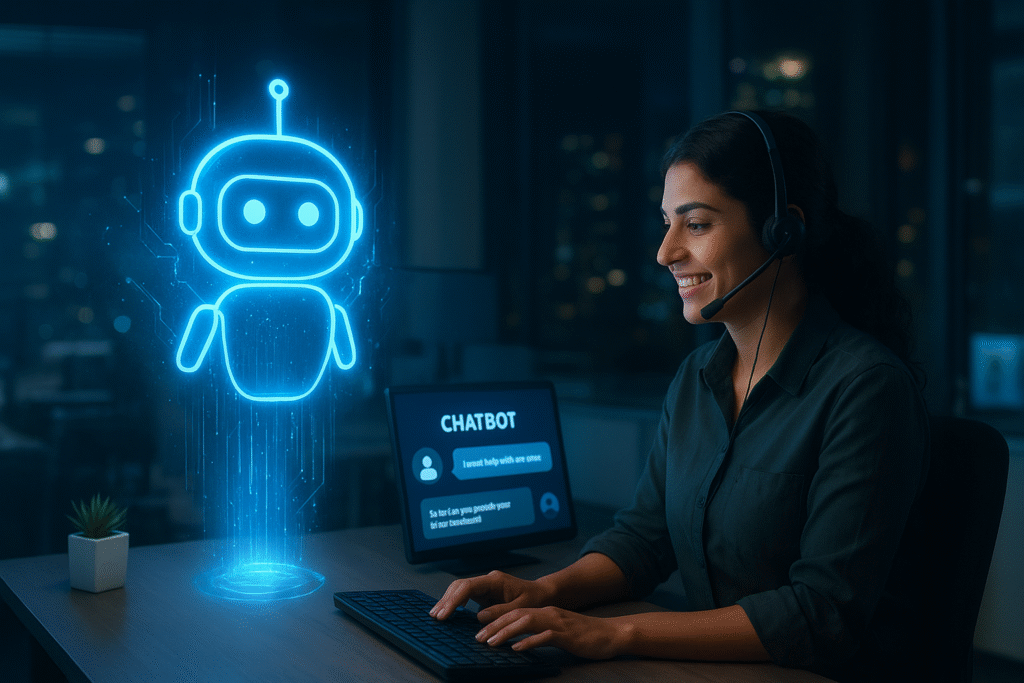
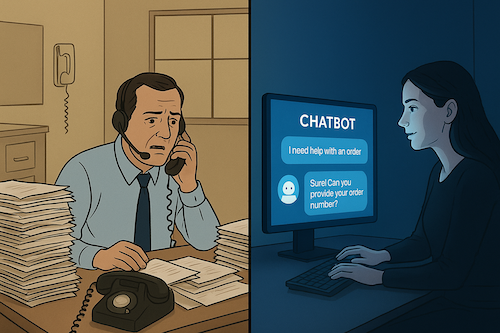
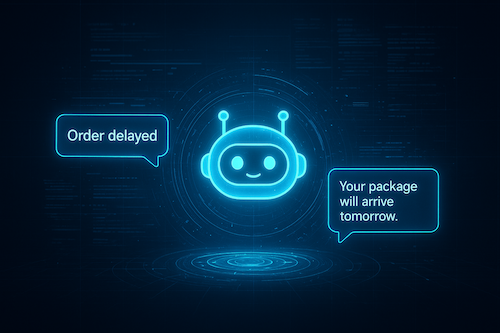
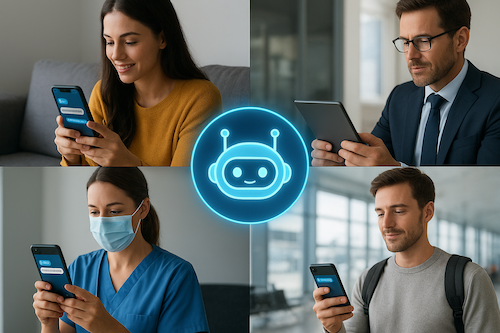
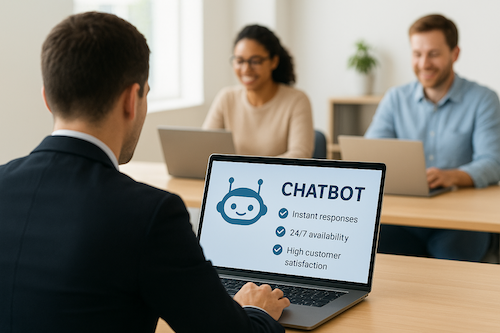
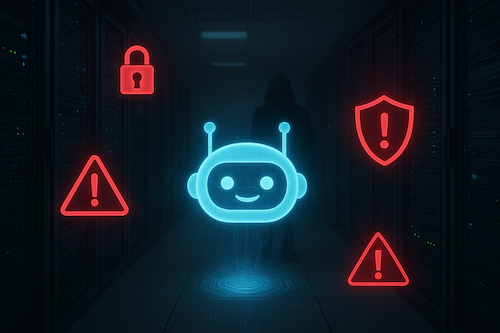
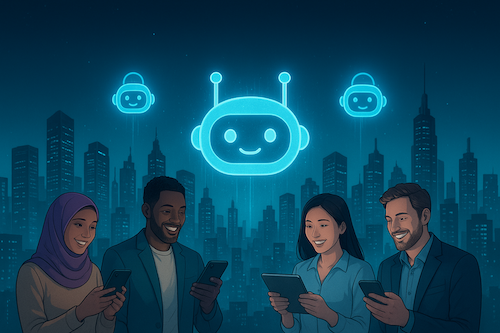



Leave a Reply
Want to join the discussion?Feel free to contribute!